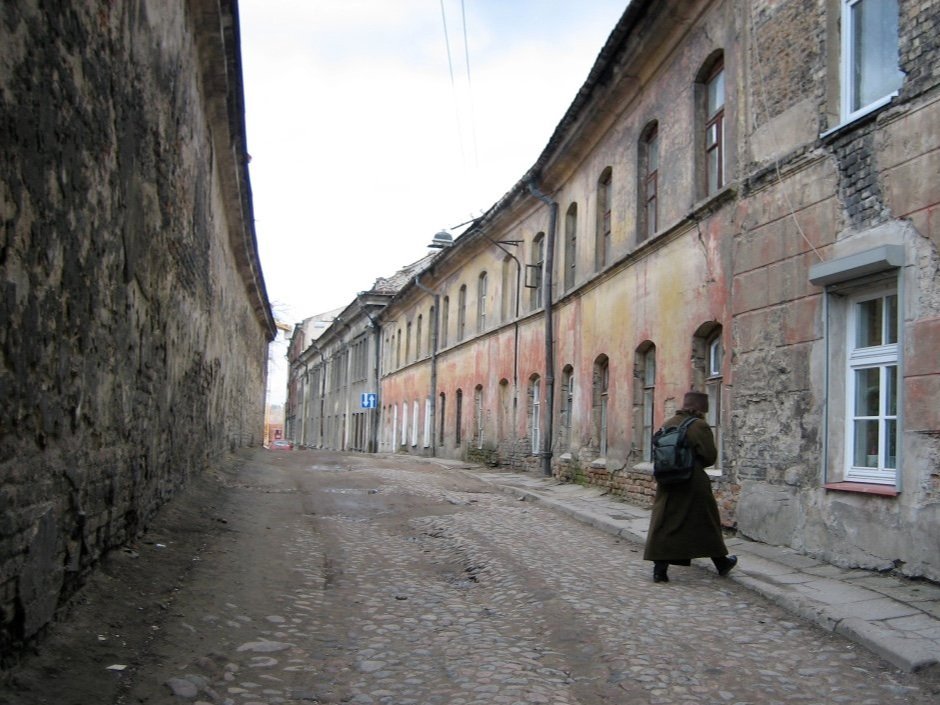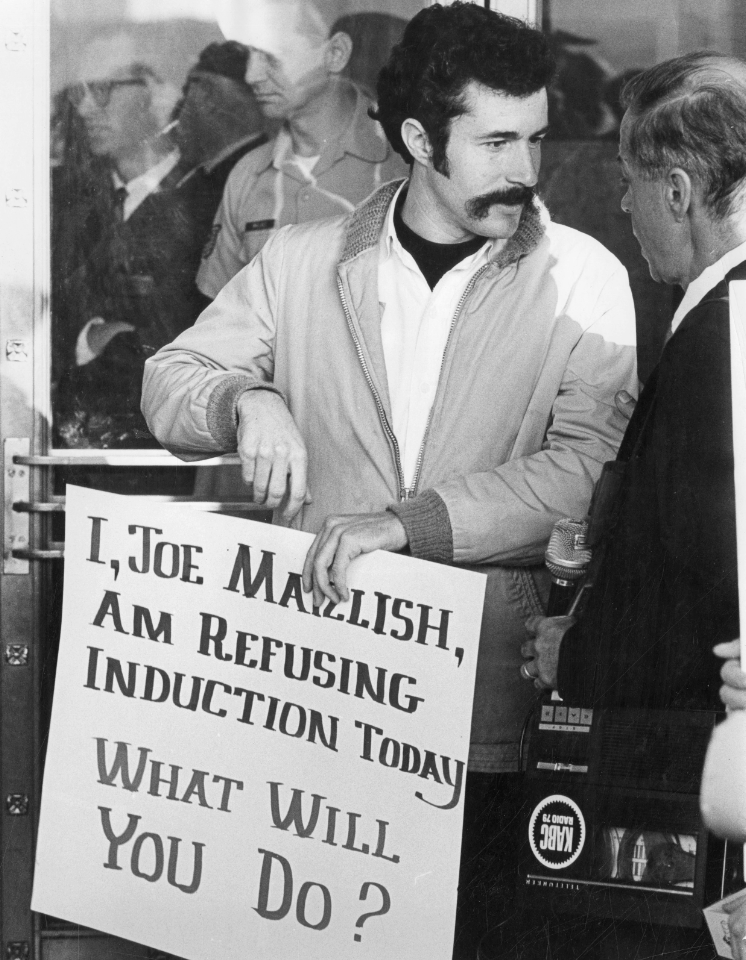
The Crooked Mirror l Louise Steinman’s Blog
Journeys within and beyond
Search my blog posts

A Day in Radomsko
Preface
IN THE SPRING of 2021, KARTA Center in Warsaw brought out a Polish translation of my book, The Crooked Mirror, nine years after its publication in the United States. The book chronicles my decades-long immersion in the discomforting, sometimes surreal, and ultimately healing process of Polish-Jewish reconciliation.
I first visited Poland in 2000 and was privileged to observe, in that more hopeful time, the nation’s new openness to historical inquiry about its past after forty years of Communist rule, when it was taboo to discuss Polish collaborators, pogroms, or the killings of returning Jews after the war. I met brilliant artist-activists who were finding ways to commemorate the Jewish absence in their midst and to educate their communities about a history in danger of being lost or obscenely distorted. I also saw fresh stirrings of Jewish life in Poland, and a touching inquisitiveness among the young about Jewish identities kept hidden after the war.

Greenwriting on the Skarpa
It’s dark when we arrive at Katy’s house in the Polish countryside, early fall, 2019. My friend and I, both road-weary, climb a flight of wooden stairs to retire. My friend installs herself in the bedroom of Katy’s daughter, Magda, now a young doctor in London. I bed down in the room that belongs to Katy’s son, Sammy, a classics major at the University of Warsaw. Everywhere there are stacks of book, fascinating books. Philosophy. History. Poetry. Books in Polish. Books in English. I want to look at all of them, but I’m so sleepy. Before I crash, I peek into Katy’s room/studio, noting piles of notebooks, vibrant watercolors. A chorus of frogs serenades me through the open window as I fall asleep.

January 6, 2022
I'm walking the Silverlake staircases, listening to the audio version of Colm Toibin’s marvelous novel, The Magician, about Thomas Mann. I’m struck to learn how slow Thomas Mann was to understand the dangers posed by the National Socialists in Germany. Mann held such a deep belief in the staying power of German culture, a world of cosmopolitanism, a culture that treasured Wagner and Mahler, Goethe and Rilke. He was convinced those Nazis would “go away." Even as his eldest son and daughter Klaus and Erica became vocal anti-Nazis, Mann remained unperturbed. After the Nuremberg rally in 1933, his son Golo literally cut out articles from different German papers and laid them out on the dining room table. Look at these, he demanded of his father. “One article says 40,000 attended. Another says 100,000. They will not go away.”
For a break from reading about the rise of the Third Reich, I watched the unsettling and mesmerizing film, “State Funeral” by the Ukrainian director Sergei Loznitza (viewable on www.mubi.com).

![Welcome the Stranger: An urban installation for social engagement [Lublin, Poland]](https://images.squarespace-cdn.com/content/v1/63f5338a0fb0342f12db2636/1679860080727-LHZ35ZJH1TNJ5TD0OBUV/image-asset.jpeg)
Welcome the Stranger: An urban installation for social engagement [Lublin, Poland]
It's been an intense and magical week in Lublin, Poland. A Kabbalistic text appears over the archway of the Brama Grodzka; a flamingo is invited to perch in a storks nest high in a poplar tree; the words of Polish veterans from Afghanistan and Iraq are projected on the walls of the cultural center, reminding us of the hospitality that veterans need after the trauma of war. In the passageway of one the crooked streets of the Old Town, the voice of the local poet Jozef Czechowicz— killed in the German bombardment of September, 1939— fills the air... just near the vinyl record shop where they're playing Talking Heads and Miles Davis. And at the Old Well in what is now the bus depot— and was once the Jewish quarter of Lublin— a voice sings forth on the hour with the words of asylum seekers, some from Guatemala, some from Eritrea, Iraq. "I don't even know where this ship is taking me." "I'm sorry cousin, I could not save you."

Sometimes I Feel Like a Motherless Child
What does July 4 feel like to a child in a cage in Clint, TX? To a Salvadoran mother wearing an ankle monitoring device afraid of being deported? How can one celebrate the 4th of July in America? The Statue of Liberty is weeping.

Time Regained: Reading Józef Czapski in Billings, MT (about Marcel Proust, the Gulag, and reading as salvation)
He carried with him to Moscow letters of introduction from General Anders to the most influential people in Stalin’s inner circle. After waiting for many days at the Hotel Metropole, he was finally summoned to a waiting room at the notorious Lubyanka building, the headquarters of the Soviet secret police, where he was met by a “well-fed official” in a gray lambskin hat and collar who “looked a bit like Chichikov from Gogol’s Dead Souls.”

Resister in Sanctuary: We Won't Go
But what sends my memory into overdrive is RESISTER IN SANCTUARY, in bold black letters across a legal size flyer. It’s a manifesto written by Gregory Nelson, then nineteen years old and briefly my high school sweetheart. Greg had openly refused to register a year earlier, as required by law, when he turned eighteen. In the fall of 1968, he asked the minister and congregation of Grace Episcopal Church in South Los Angeles to grant him sanctuary, a medieval tradition, for an act of conscience.

July 4th 2017
A second visit to the Kerry James Marshall show at MOCA, the last weekend before it closes, is a stirring reminder of what an artist can do to deepen our understanding of our country’s tortured race history and as well, its resilience. He does so by including those who have been excluded from the shared narrative, by painting them back into the national story,putting them center-stage into the American storybook, into small towns, into the backyard barbeques in Culver City,CA in the 50’s of my childhood, barbecues in parks to which no African-Americans were invited. To the neat streets-on-a-grid post-war stucco one-story houses in the city where I grew up-- where African-American families were not allowed to buy a home, not allowed to live. It was called a covenant. it was silent.

Ceremony of Forgiveness/ Night before the Electoral College
Reeling from the latest barrage of globally catastrophic images—my mind gravitates to that startling and necessary image—beamed to us from Standing Rock.It is the image of a U.S. veteran named Wesley Clark, Jr kneeling down, with veterans of various American combat units standing behind him—offering his formal apology to Lakota Medicine Man Leonard Crow Dog. Who ever thought we would see this in our life time?